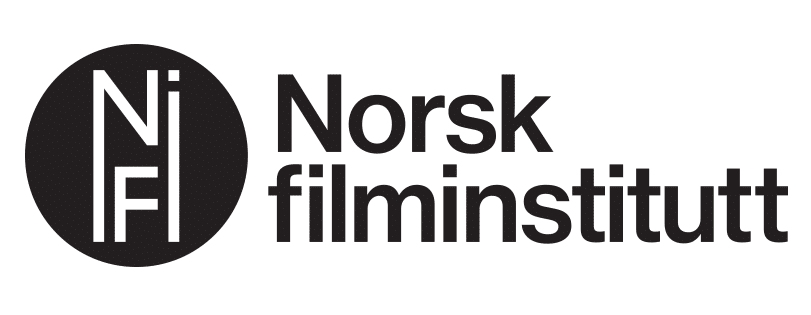
In what is called the first film, Workers Leaving the Lumière Factory in Lyon (1895), the camera was directed at a factory, and the films in this program all pivot around work and film.
The Medvedkin Group was founded in 1968. The French filmmaker Chris Marker had documented the factory workers’ strikes, but the workers were not satisfied with how they were represented and the result was the founding of a film collective consisting of about 40 workers and radical left-wing filmmakers such as Jean-Luc Godard, Chris Marker and Alain Resnais. The films were produced by the French film company SLON, later ISKRA. The name Medvedkin came from the Russian director Aleksandr Medvedkin (1900-1989) who organized the CineTrain project.
The film Le train en Marche tells of Medvekin’s living film laboratory, a train that traveled around the Soviet Union in the 1930s. The train had camera equipment, developing and editing rooms and arrived in small villages in the morning, where filmmakers filmed, developed and cut the film on the train, then had screenings in the evening. Part propaganda, part entertainment – Marker’s film playfully tells about the project via Medvedkin himself. All the material has now been lost, but the historical images, interviews and a narration give us an introduction to ideas about political film in both the 1930s Soviet Union and 1970s France.
The other films in the program are from another collective project made by the group. Cinetracts is a collection of 41 short documentaries, each running just two to four minutes. Mainly made up of still images, focusing on the student uprising and strikes in France in the spring of 1968, and ongoing conflicts in Vietnam and Chile. No filmmakers are credited, each film only has a number. With their repetitions and collages, Cinetracts remain as testimony not only to the time in which they were created, but as a reminder of the power of the image.
Sochaux, 11 juin 68 recounts the militant strike at the Peugeot factory as told by the workers, and is said to have had a part in the 1968 uprising.
The films are experimental, densely packed and strong documents of political filmmaking. Despite their short format, these films not only show us a willingness to document the workers’ uprising, but make us think about film, politics and what the result can be when the factory workers themselves step out of the factory with camera in hand.
The program is introduced by curator and filmmaker Birgitte Sigmundstad.
Thanks to:
SLON/ISKRA
iskrafilms.com
The Norwegian Short Film Festival / kortfilm@kortfilmfestivalen.no
Kortfilmfestivalen i Grimstad
kortfilm@kortfilmfestivalen.no













